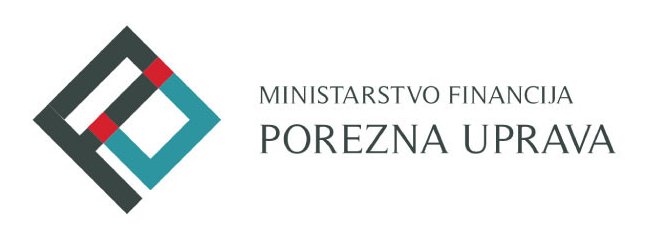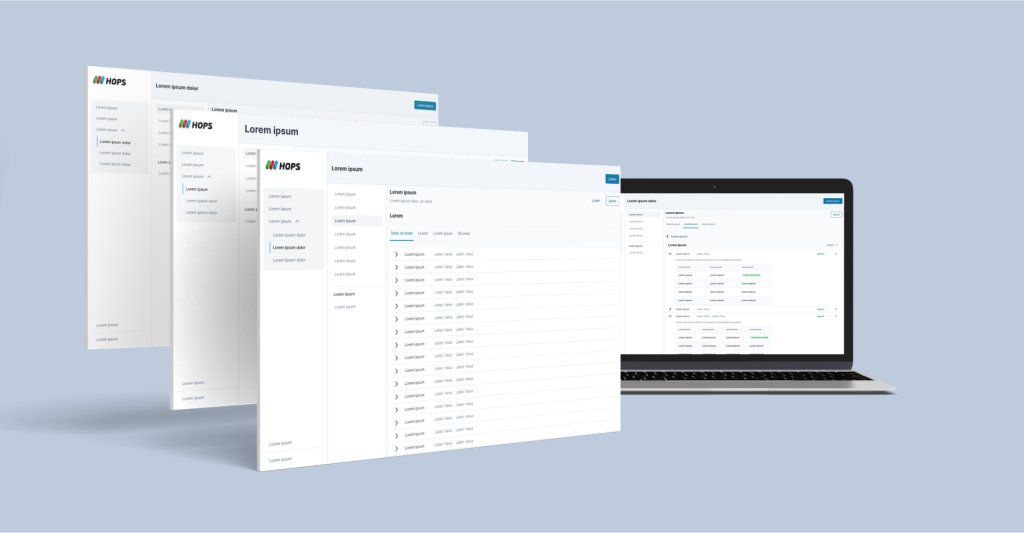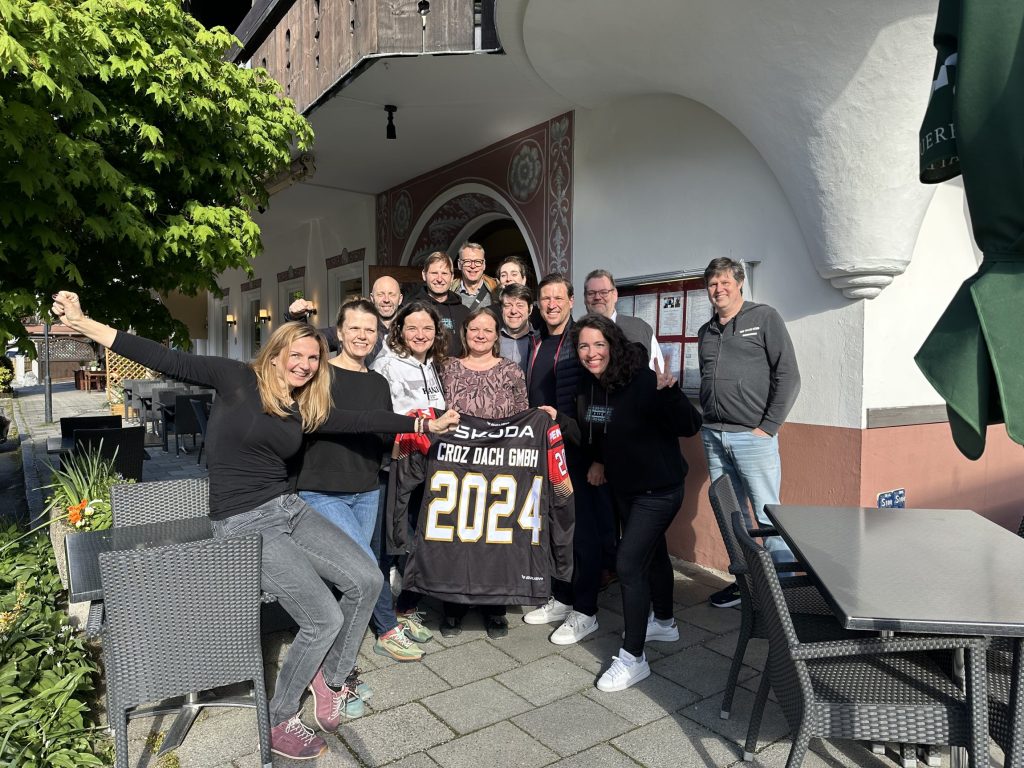

Challenge
“CROZ data consultants helped the Croatian Tax Administration by developing technical specifications for analytical software that would allow the identification and control of non-compliant taxpayers, in particular those involved in carousel fraud.”
– by Luka Stepinac, Data Engineering Services Manager, CROZ d.o.o.
CROZ helped the Croatian Tax Administration (CTA) by developing technical specifications for analytical software that would allow the identification and control of non-compliant taxpayers, in particular those involved in carousel fraud. This project was funded by the European Union via the Structural Reform Support Programme (SRSP) and delivered in cooperation with the European Commission’s Directorate General for Structural Reform Support (DG REFORM).
Over the years, CTA has established and put to work different tools and systems to help fight tax fraud. They intend to further develop their analytical capability, utilizing new approaches such as predictive and network analysis based on international practices, including recommendations made at the EU policy level.
CTA has identified a type of fraud in which VAT registered taxpayers are collecting tax but not remitting it to the State. This is not a fraud linked solely to Croatia; throughout Europe carousel fraud is estimated to deprive national exchequers of in excess of €50 billion in average per year and has been proved to be linked to organized crime and terrorism.
With tax fraud perpetrators being increasingly more innovative, sophisticated and agile conventional methods that involve old systems and processes inclined to heavy manual work are insufficient in combating such a complex and big scale cross-border tax fraud. Namely, it is like bringing a knife to a gunfight.
Due to this rising challenge, Tax Authorities around the globe are resorting to a multidisciplinary approach to face this fiscal risk. Modern technologies and advanced analytical approaches like predictive analytics, network analytics and data analytics enable tax authorities to enhance existing processes and engage in entirely new types of analysis that weren’t possible before. Predictive analytics uses features like machine learning and statistical analysis to anticipate potential fraudulent behavior and allows tax authority to prevent tax fraud, reduce the cost of tax management and optimize public spending, while network analytics as an analytical approach correlates entities and relationships to determine how tightly they are related (it proves to be an excellent solution in identifying fraud chains, finding companies responsible persons/owners, identifying transaction network, etc.).

Solution
By developing the technical specifications of the desired analytical software, the project helps the CTA to take steps to procure and implement a technical solution.
The project was completed in approximately 6 months, and over this period several key activities were accomplished:
- Analysis of current processes in place within CTA related to MTIC fraud
- Business and technical discovery workshops with CTA representatives
- Gathered information concerning advanced analytics practices in different EU and non-EU tax administrations
- Presentations of concepts, methodology and sample tools encompassing predictive and network analytics
- Development of functional and technical specifications for the new predictive analytics software system.
Tags
Industry







